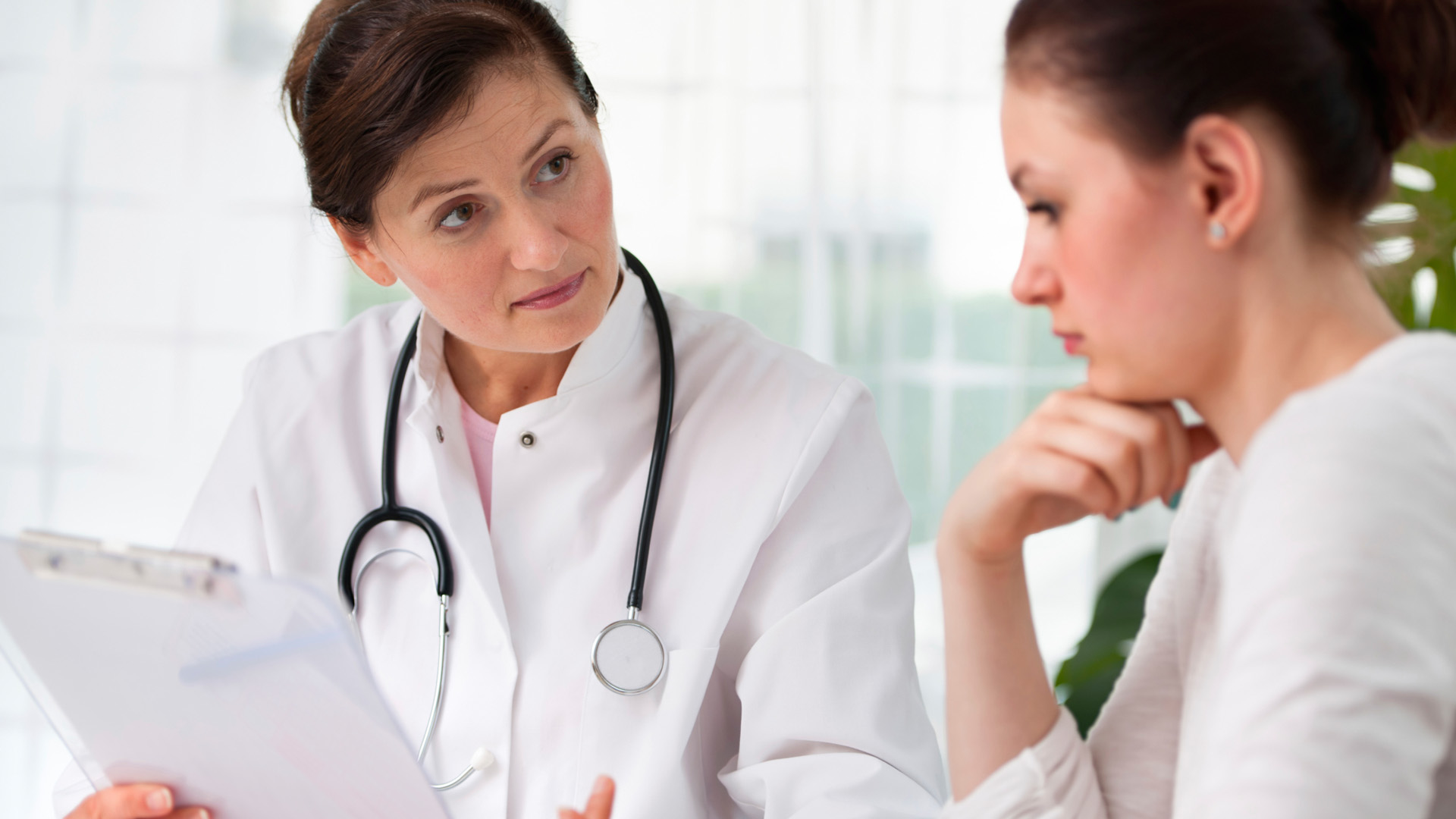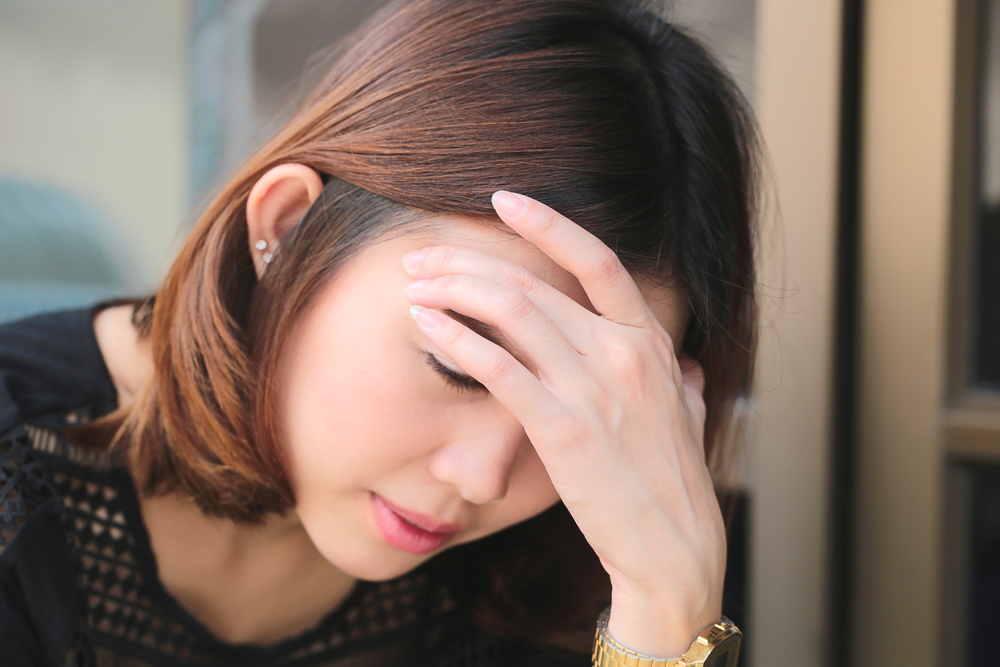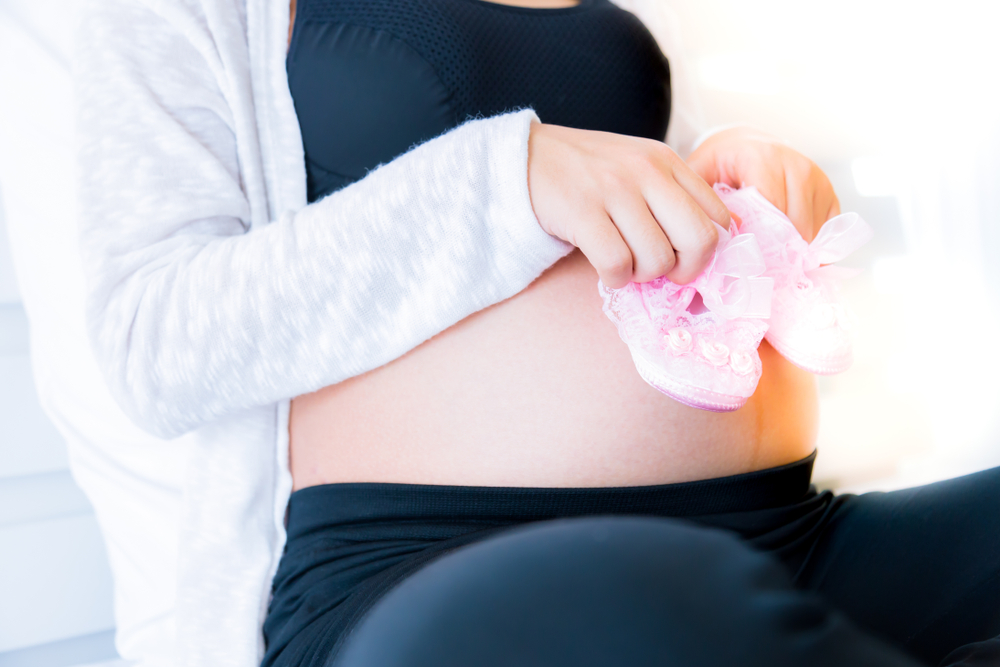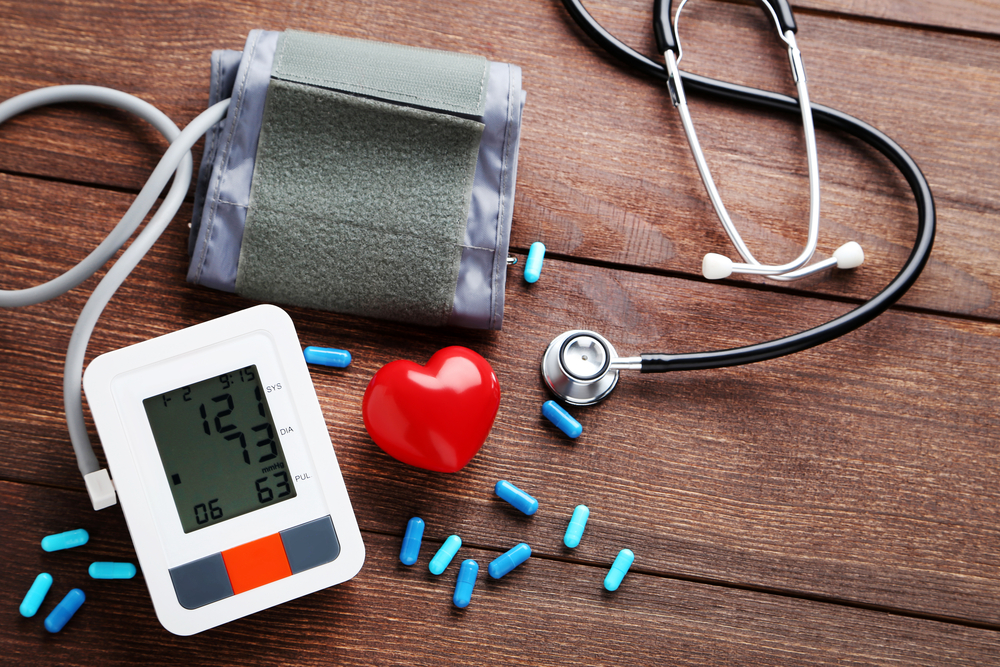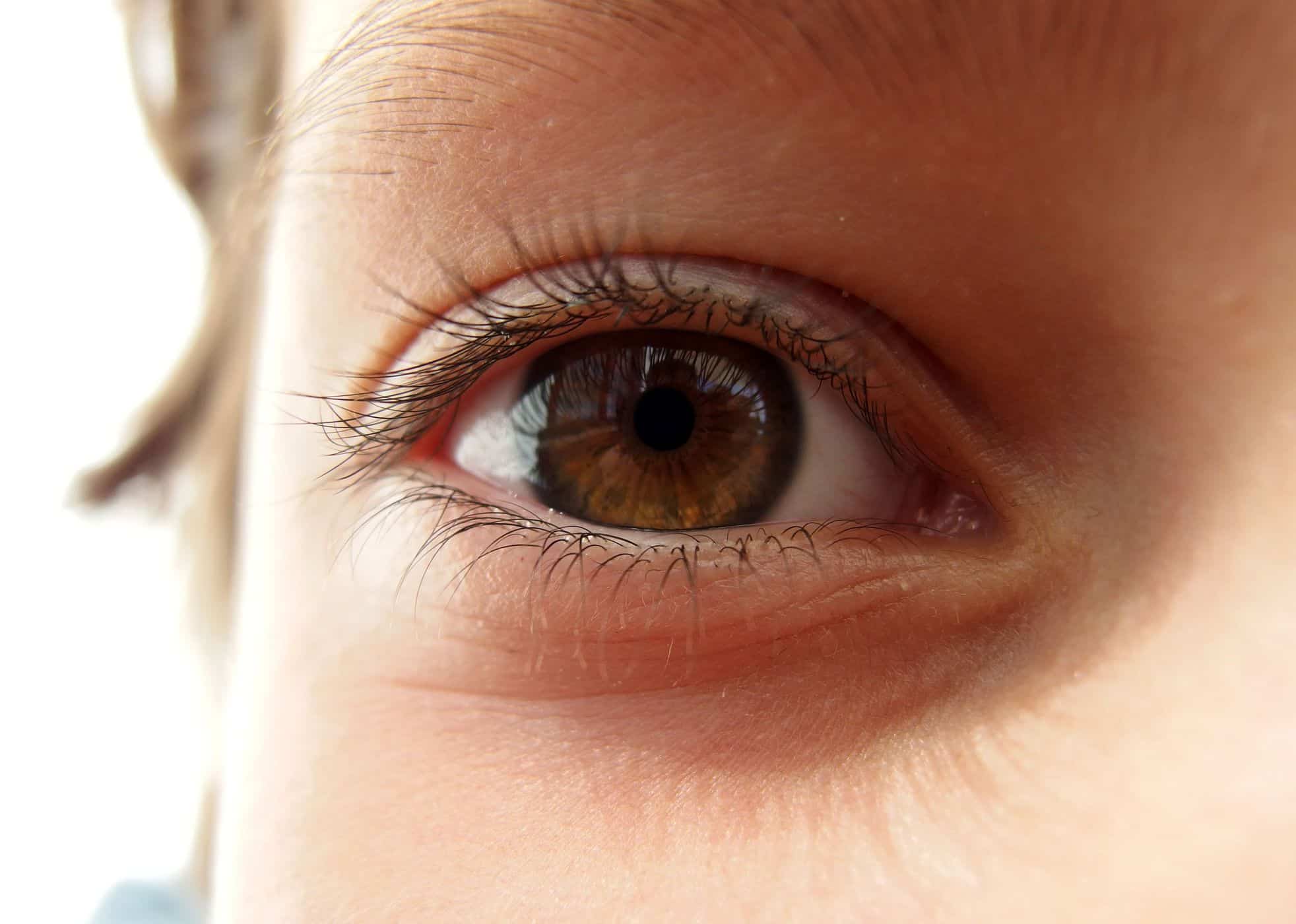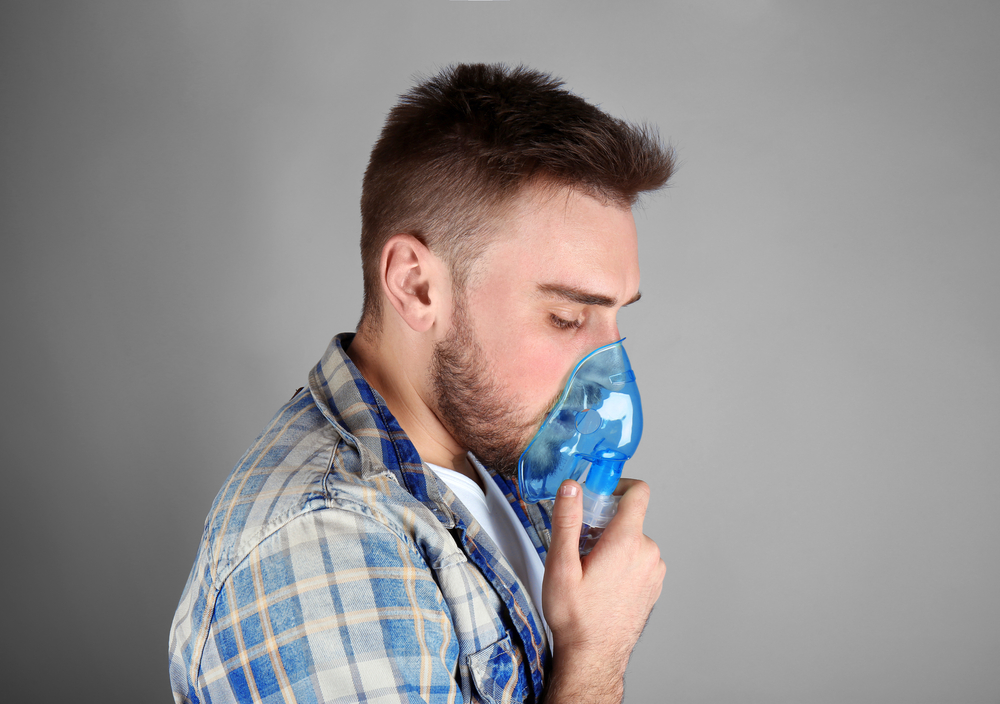Contents:
- Medical Video: Understanding Polycystic Ovary Syndrome Video – Brigham and Women’s Hospital
- Causes of PCOS
- Signs and symptoms of PCOS
- 1. Irregular menstruation
- 2. Infertile
- 3. Hair growth is not normal
- 4. Hair loss or baldness
- 5. Other characteristics that must be considered
Medical Video: Understanding Polycystic Ovary Syndrome Video – Brigham and Women’s Hospital
Polycystic ovary syndrome (PCOS) is a collection of symptoms characterized by hormonal imbalances that can occur in women of childbearing age. Women with PCOS tend to experience irregular menstruation, menstruation occurs less frequently or is prolonged (unfinished), and has difficulty getting pregnant. If so, what are the symptoms of PCOS that women need to watch out for? Here's the full information.
Causes of PCOS
Until now, the exact cause of PCOS is unknown, but it is thought to have something to do with hormonal imbalance. Following are some of the factors that can trigger PCOS:
- Hormones are not balanced. Usually, your body produces only a little androgen hormone. But in women with PCOS, more androgen hormone production causes you to stop ovulating, breakouts, and grow extra facial and body hair.
- Insulin resistance. If your cells become resistant to insulin, your blood sugar levels will increase and your body will respond by producing more insulin. Excess insulin can increase the production of androgen hormones, which cause difficulty in ovulation.
- PCOS history in the family. If one family member has PCOS, then your risk is greater to have PCOS.
If left untreated, PCOS can cause serious health problems. For example diabetes and heart disease. Women with PCOS tend to have many small cysts in the ovary. These cysts are indeed harmless, but can cause hormonal imbalances.
Signs and symptoms of PCOS
To get a diagnosis of PCOS, at least you have two or three symptoms of PCOS below.
1. Irregular menstruation
The most common symptom of PCOS is irregular menstruation. Menstrual cycles become more rare or prolonged. For example, the menstrual period becomes longer, which is 35 days to 45 days.
In fact, you can not menstruate at all, a condition called amenorrhea. This can happen because the ovaries develop too much fluid (follicles) and fail to release eggs regularly.
2. Infertile
PCOS is one of the main causes of infertile women, even though he is in the ideal age to reproduce (fertile age). This irregular menstruation makes it difficult for women with PCOS to get pregnant.
3. Hair growth is not normal
About 70 percent of women with PCOS experience hirsutism, or hair growth in female body parts that are usually not covered with hair. For example in the chest, under the chin, or above the lips. Hair is usually dark and rough, caused by increased production of androgen hormones in your body.
However, do not automatically assume that body hair is a sign of PCOS, because there are many other possible causes.
4. Hair loss or baldness
Some women with PCOS can experience baldness with patterns like those of men, such as thinning hair on the forehead area. Although it is not unusual, the symptoms of PCOS can indeed occur and may get worse in middle age.
5. Other characteristics that must be considered
Other symptoms can also be associated with PCOS, but the relationship is not yet clear. Other features of PCOS are:
- The appearance of acne. Actually, acne is not the main sign to diagnose PCOS because acne is very common. Acne that appears in PCOS women occurs because irregular menstrual factors, and pimples that appear tend to be more difficult to overcome.
- About half of women with PCOS are obese. Women with PCOS who are overweight or obese also often experience insulin resistance, which causes weight gain or increases the risk of diabetes.
- Change mood can occur due to unstable hormonal factors. Women with PCOS tend to be more moody, experience anxiety, depression, and eating disorders (such as overeating or bulimia).

